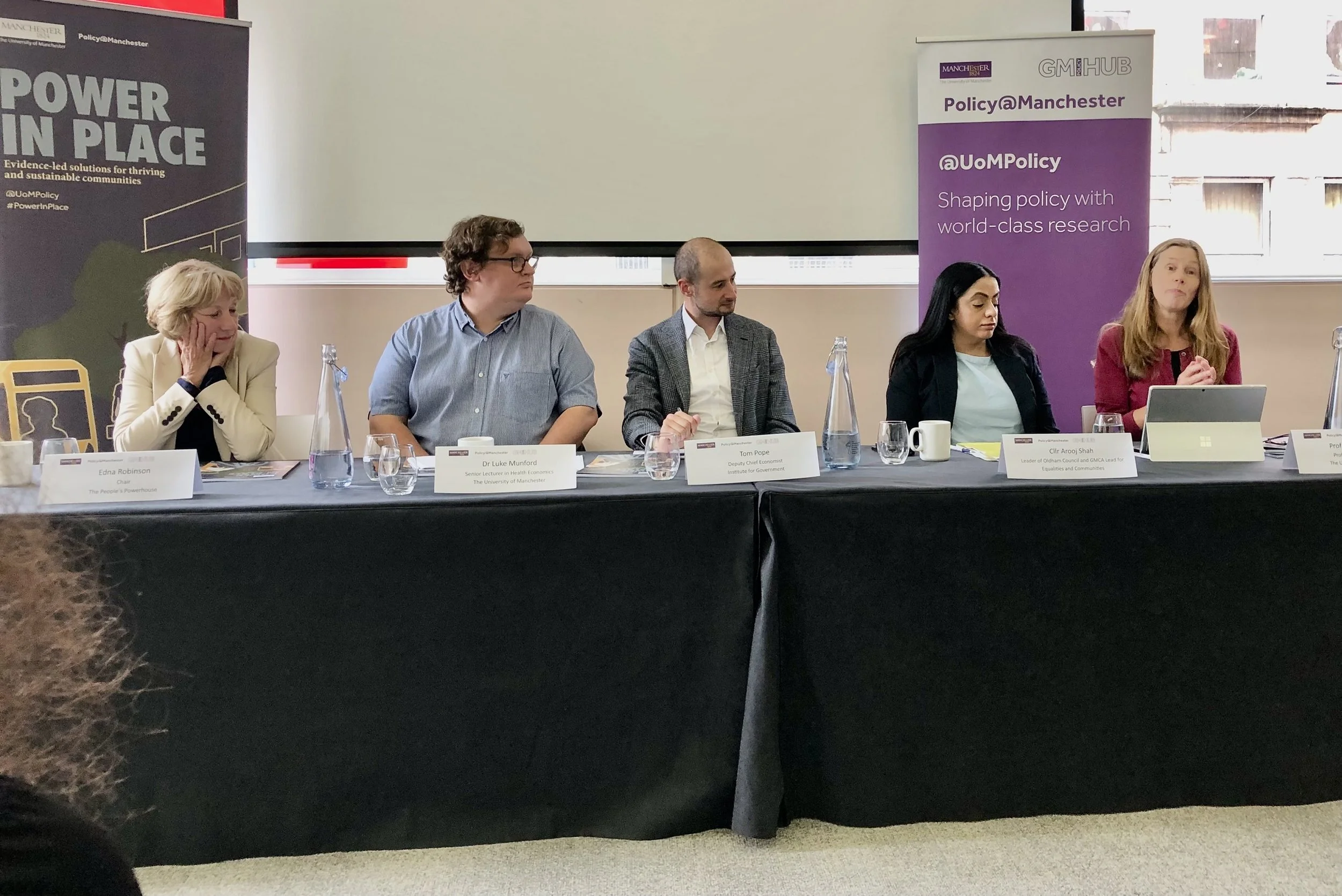Policy experts from The University of Manchester will be prominent across the city over the next few days as the Conservative Party conference gets underway.
The University’s policy engagement unit, Policy@Manchester, will host a series of eight fringe events next Monday and Tuesday (2 and 3 October) with six taking place outside the secure zone where a conference pass is not required and entry is free.
Andy Burnham, Mayor of Greater Manchester
Arguably, the most highly anticipated gathering will be at 10am on Tuesday when the Mayor of Greater Manchester, Andy Burnham, joins University of Manchester Lecturer and Presidential Fellow Dr Eric Lybeck, former Children's Commissioner Anne Longfield, Conservative MP for Cheadle Mary Robinson, and Chief Executive of Local Trust Matt Leach, to discuss levelling up education.
Other topics tackled by politicians, academics and subject specialists at Policy@Manchester events on Tuesday include the role transport can play in delivering economic growth, and how the government can help build strong local institutions to deliver levelling up.
Monday’s programme features a discussion at 11.15am on initiatives to support young people in neighbourhoods with low levels of wellbeing. Chaired by Mental Health Foundation Chief Executive Mark Rowland, the impressive panel of speakers comprises University of Manchester Professor of Psychology of Education Neil Humphrey, Barnardo's Director of Health Rukshana Kapasi, and NHS Confederation Director of Policy Dr Layla McCay.
The day’s schedule also includes debates on accelerating growth through innovation, tackling UK economic inactivity and addressing ethnic inequalities in mental healthcare.
Professor Cecilia Wong, Academic Co-Director of Policy@Manchester, The University of Manchester
Professor Cecilia Wong, Academic Co-Director of Policy@Manchester, said: “We are excited to be hosting the first round of fringe events at the Conservative Party conference in our home city, with an equally busy programme to follow at Labour Party conference in Liverpool the following week.
“These gatherings provide the opportunity to really dig down into some of the most critical and topical policy challenges facing decision-makers.
“They also enable The University of Manchester to showcase the world class research our academic experts are leading which informs national and international debates across a whole swathe of different fields.
“With the General Election expected to take place in 2024, these high-profile discussions can make a truly meaningful impact on policy development as the political parties step up their work in formulating their manifestos.”
The full list of Policy@Manchester fringe events at the Conservative and Labour Party conferences is available on the Policy@Manchester website.

































